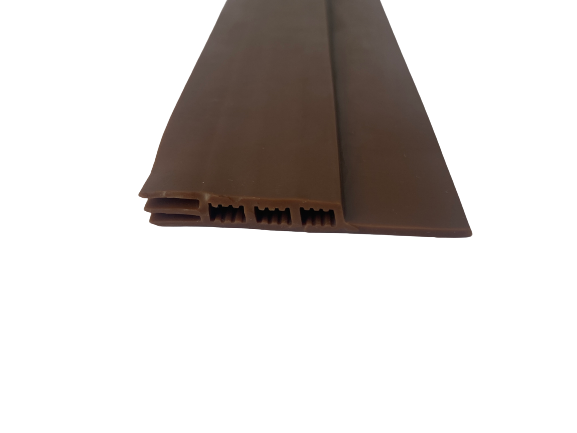ოქტ . 17, 2024 12:16 Back to list
Automotive Fuel Tank Gasket Replacement Guide and Tips for Optimal Performance
Understanding Car Fuel Tank Gasket Products
The fuel tank gasket is an essential component in a vehicle’s fuel system, playing a critical role in ensuring the efficiency and safety of fuel storage and delivery. This article will explore what fuel tank gaskets are, their functions, common issues related to them, and tips for selecting the right product for your vehicle.
What is a Fuel Tank Gasket?
A fuel tank gasket is a sealing component that sits between the fuel tank and the various connections, such as fuel lines, pumps, and sending units. Made from materials that can withstand the harsh chemical environment of fuel, these gaskets help prevent leaks and protect the vehicle's fuel system from contamination. Common materials used for fuel tank gaskets include rubber, silicone, and composite materials, each offering different levels of durability and resistance to fuel and heat.
Functions of a Fuel Tank Gasket
1. Leak Prevention The primary function of a fuel tank gasket is to prevent leaks. Fuel leaks can pose serious safety hazards, including fire risks and environmental pollution. A well-fitted gasket helps maintain the integrity of the sealing surfaces, ensuring that fuel remains securely contained within the tank.
2. Pressure Maintenance Modern fuel systems often operate under pressure to enhance fuel delivery efficiency. Gaskets help maintain the necessary pressure within the system, contributing to optimal engine performance and fuel efficiency.
3. Contamination Protection Gaskets help prevent dirt, debris, and moisture from entering the fuel tank. Contaminants can affect fuel quality and damage sensitive engine components, leading to costly repairs.
4. Vibration Absorption Cars are subject to various vibrations while on the move. A properly installed gasket can absorb some vibrations, reducing stress on the fuel tank and attached components.
Common Issues with Fuel Tank Gaskets
Like any automotive component, fuel tank gaskets can wear out or become damaged over time. Common issues include
car fuel tank gasket product

- Cracking and Hardening Exposure to fuel and fluctuating temperatures can cause the gasket to crack or harden, leading to potential leaks. - Misalignment If a gasket is not properly installed or becomes misaligned due to vibrations, it can result in gaps that allow fuel to leak. - Chemical Degradation Some gaskets may degrade faster than others due to the chemical composition of the fuel being used, affecting their performance.
Selecting the Right Fuel Tank Gasket
Choosing the right fuel tank gasket is crucial for the safety and efficiency of your vehicle. Here are some tips to consider
1. Compatibility Always ensure that the gasket is compatible with your vehicle's make, model, and year. Incorrect gaskets can lead to improper sealing and leaks.
2. Material Quality Opt for gaskets made from high-quality materials that can withstand exposure to gasoline and environmental conditions. Look for specifications that indicate heat and chemical resistance.
3. Brand Reputation While there are many aftermarket gaskets available, consider purchasing from reputable manufacturers with proven track records for quality and reliability.
4. Installation Proper installation is vital for ensuring the effectiveness of the gasket. If you're not comfortable with DIY installation, it may be best to have a professional handle it to avoid potential mistakes.
5. Routine Inspection Regularly check your fuel system components, including the gasket, for signs of wear or damage. Addressing issues early can prevent more serious problems down the line.
Conclusion
The fuel tank gasket is a small but vital part of your vehicle's fuel system. Proper maintenance, timely replacement, and choosing the right product can significantly impact your vehicle's performance and safety. Understanding the importance of this component will help you make informed decisions, ensuring that your vehicle operates efficiently and safely for years to come. Whether you're a car enthusiast or a casual driver, keeping an eye on your fuel tank gasket can save you from inconvenient breakdowns and expensive repairs in the future.




